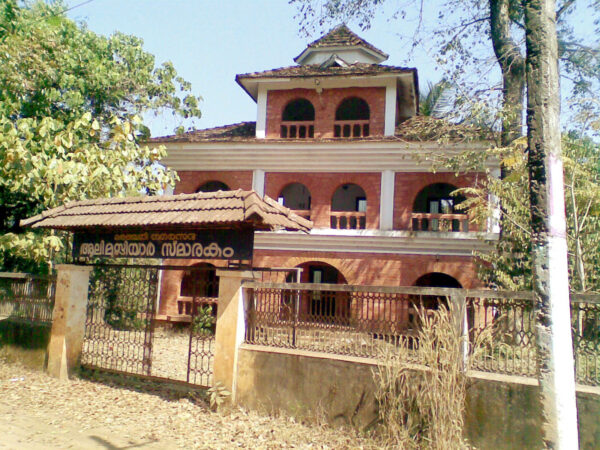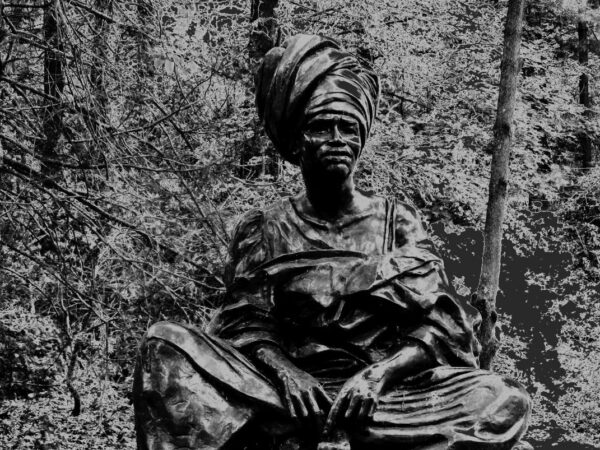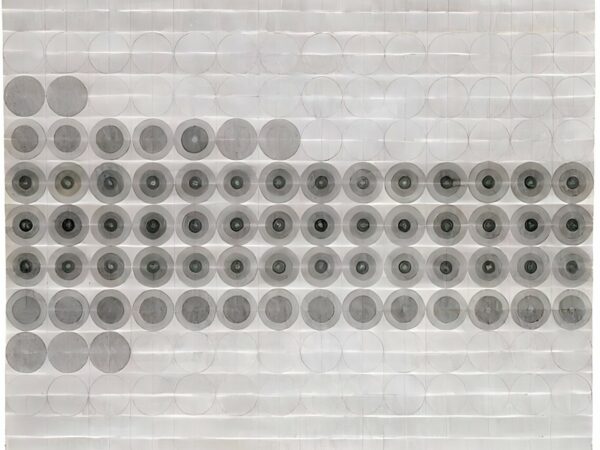
The essays seek a genealogy of and reckoning with the place of religion in modern regimes of sovereignty, its pre-colonial histories and post-colonial legacies, as well as an accounting of the fissures that remain in its emplacement, out of which new life continues to grow.

This forum reflects on the intellectual legacy of the late affect theorist Lauren Berlant, who passed away in 2021, for queer and trans studies in religion. Berlant once claimed they had nothing to say about religion – but our contributors disagree.

But how subversive can a contemporary inquiry be if it remains a paradigmatically modern- and Euro-centric affair (as the critical literature on the secular has historically been). My suggestion is that if the secular is a temporal and spatial concept emanating from the modern West (as many would agree), its “shadows” will necessarily lie elsewhere.

We contend that in this time of increasing disaffiliation, the stories of “the women who left” in the twentieth century offer valuable insights about familiar Catholic experiences for those who know the pain of disillusionment, who have yearned for holiness outside of the church, and who have sought to reclaim what is of value in the tradition that formed them.
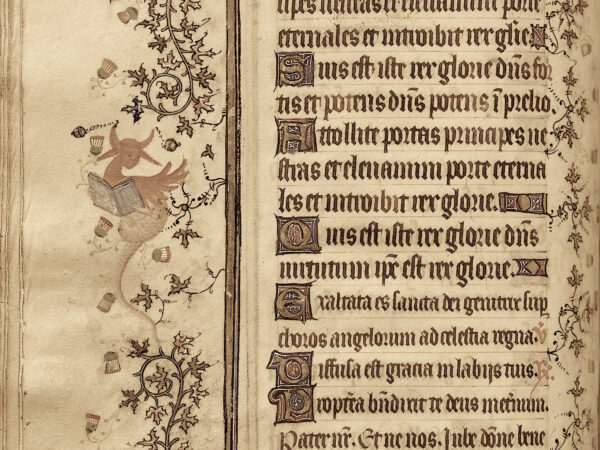
Why is it interesting to put the word “political” next to the word “theology”? And what do early and medieval Christian authors like Meister Eckhart, John Cassian, and Thomas of Cantimpré have to do with either?
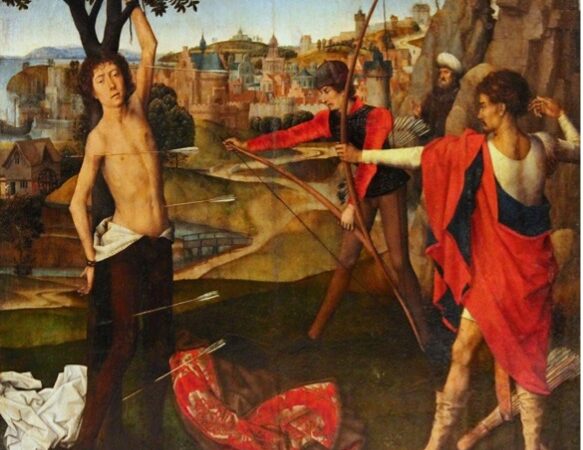
How would Roman Catholic political theology and ethics change if it took seriously the experiences and thought of queer Catholics?

The irony of American populism is that the very anti-authoritarianism and community building that contributed much to American vibrancy and that are bequeathed to evangelicals by history and doctrine may under distress turn to self-protective, us-them defense.
